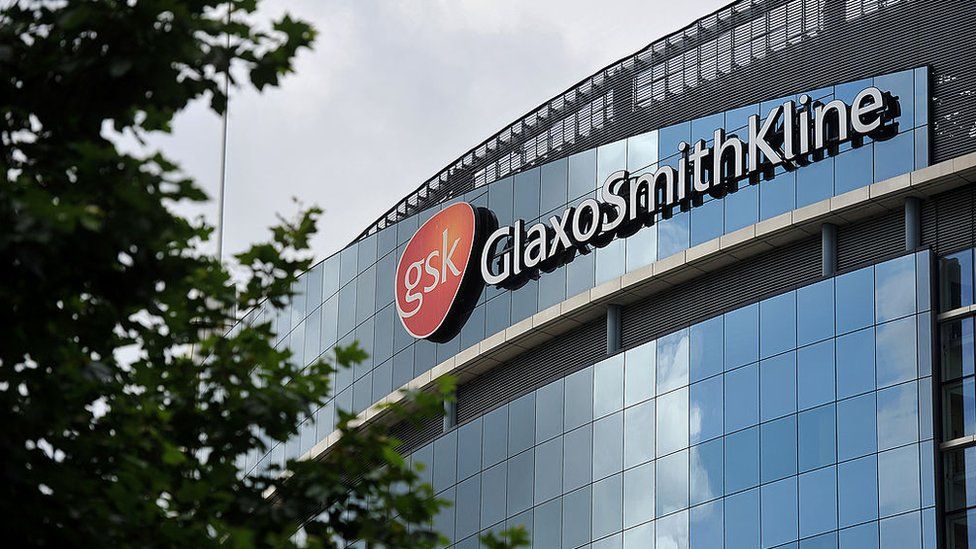GSK: UK still 'attractive' post Brexit as it invests £275m
- Published

GlaxoSmithKline is to invest £275m to expand its UK manufacturing sites, saying the country remains "an attractive location" despite Brexit.
The pharmaceutical firm, whose chief executive Sir Andrew Witty backed the Remain campaign, said the UK's skilled workforce and competitive tax system helped drive the decision.
It said most of the products made at the expanded sites would be exported.
The firm said it expected its investment to create jobs.
The company has invested £750m in new facilities over the past six years. This latest decision takes the total up to £1bn.
The investment will be spread across three of its UK manufacturing sites: Barnard Castle in County Durham, Montrose in Angus, and Ware in Hertfordshire.
GlaxoSmithKline currently employs 16,000 people in the UK, 6,000 of which are employed in manufacturing.
"It is testament to our skilled UK workforce and the country's leading position in life sciences that we are making these investments in advanced manufacturing here," said Sir Andrew.
EU referendum
There were some fears that pharmaceutical firms such as GSK and AstraZeneca may seek to move their headquarters following the outcome of the EU referendum.
"We believed a vote to leave would create uncertainty and potentially regulatory change in our industry which from our perspective was unnecessary," he told the BBC.
"But the underlying attractiveness in terms of the UK's economic strengths and its fiscal environment haven't changed and that's why we feel very strongly that this investment makes sense."
Sir Andrew had said prior to the vote that leaving the EU "would create uncertainty and potentially add complexity" for the UK's life sciences sector.
Responding to GSK's announcement, the Business and Energy Secretary, Greg Clark said: "An investment of this scale is a clear vote of confidence in Britain and underlines our position as a global business leader.
"GSK's recognition of our skilled workforce, world leading scientific capabilities and competitive tax environment is further proof that there really is no place better in Europe to grow a business."
Analysis: Simon Jack, BBC business editor
GSK's outgoing chief executive Sir Andrew Witty has previously said that a vote to leave the EU would be "a mistake" as the company benefited from the free movement of highly qualified scientists across Europe and a single EU framework for regulating and approving drugs.
But the company has clearly decided that Britain's highly-skilled workforce, relatively low tax rates, and incentives for investing in research outweigh Brexit concerns.
There is also the benefit of a cheaper pound when producing products bound for foreign markets.
Sterling has fallen 10% against the dollar and the euro since the referendum on 24 June.
The decision will, of course, be welcomed by a government keen to demonstrate that the UK remains an attractive place to invest.
Especially because despite a series of high profile investments in the UK since the referendum, recent economic surveys have pointed to a decline in business confidence.
Meanwhile the drugmaker said it was set for big gains for the rest of the year due to the weaker pound in the wake of the Brexit vote. Most of the company's costs are in pounds sterling but its sales are mainly overseas.
Quarterly sales rose 11% to £6.53bn in the three months to June, but the company posted a pre-tax loss of £318m for the quarter - although it managed a profit of £242m for the first half.
- Published17 March 2016
- Published12 February 2016
- Published3 February 2016